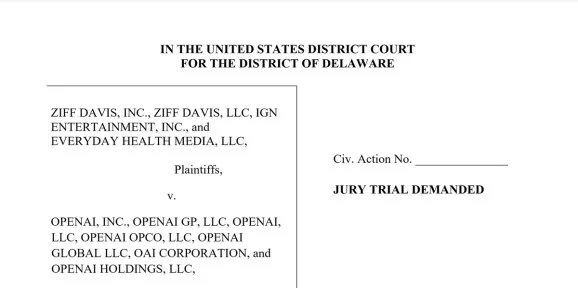Game Over: OpenAI Sued by Ziff Davis and IGN for Copyright Infringement!
The gaming industry is no stranger to controversies and legal battles, but the latest one has caught the attention of both gamers and tech enthusiasts alike. Ziff Davis, the parent company of popular gaming media outlet IGN, has filed a lawsuit against OpenAI for copyright infringement. This news has sent shockwaves across the gaming community and has raised questions about the use of artificial intelligence (AI) in the gaming industry.
The lawsuit, filed in the United States District Court for the Northern District of California, alleges that OpenAI has infringed on Ziff Davis’ copyright by using screenshots and gameplay footage from their reviews without permission. Ziff Davis claims that OpenAI’s GPT-3 AI model has been trained on their copyrighted content, resulting in the creation of a new AI model that can generate reviews and articles that closely resemble those published by IGN.
For those unfamiliar with GPT-3, it stands for “Generative Pre-trained Transformer 3” and is a state-of-the-art AI model developed by OpenAI. It has gained widespread attention for its ability to generate human-like text and has been used for various applications, including content creation. However, its use in the gaming industry has raised concerns about copyright infringement and intellectual property rights.
In their lawsuit, Ziff Davis has provided evidence to support their claims, including screenshots of GPT-3 generated reviews that closely resemble those published by IGN. They argue that OpenAI’s use of their copyrighted content has caused irreparable harm to their business, as it undermines the credibility and uniqueness of their reviews and articles. Furthermore, they claim that OpenAI’s actions amount to unfair competition and have caused financial damages to their company.
This is not the first time that OpenAI has faced legal action for copyright infringement. In 2019, they were sued by the Associated Press (AP) for using their copyrighted content to train their AI model. The lawsuit was settled out of court, with OpenAI agreeing to provide attribution for any content generated by their AI model. However, it seems that OpenAI has not learned from their previous mistake and has once again found themselves in hot water.
In response to the lawsuit, OpenAI has denied any wrongdoing and has stated that their AI model was not trained on any specific content. They argue that GPT-3 was trained on a large dataset of text from the internet, and any similarities to Ziff Davis’ content are purely coincidental. They also claim that their AI model generates original content based on the input given to it and does not rely on any pre-existing content.
The outcome of this lawsuit will have significant implications for the use of AI in the gaming industry. It raises questions about the ownership of content generated by AI models and the responsibility of companies to ensure that their AI models do not infringe on copyrighted content. It also highlights the need for clear guidelines and regulations regarding the use of AI in content creation.
The gaming industry has seen a rise in the use of AI in recent years, with many game developers using AI to enhance gameplay and create more immersive gaming experiences. However, as AI becomes more prevalent in the industry, it is essential to address the potential legal issues that may arise. This case between Ziff Davis and OpenAI serves as a wake-up call for companies to be more cautious when using AI in their products and services.
It is also worth noting that this lawsuit comes at a time when the gaming industry is experiencing significant growth, with the global gaming market expected to reach $256.97 billion by 2025. As the industry continues to expand, it is essential to protect the intellectual property of companies and ensure fair competition.
In conclusion, Ziff Davis’ lawsuit against OpenAI highlights the potential legal implications of using AI in the gaming industry. It raises concerns about copyright infringement and the responsibility of companies to protect their content from unauthorized use. With the rapid advancement of AI technology, it is crucial for the gaming industry to establish clear guidelines and regulations to prevent similar disputes in the future. As for the outcome of this lawsuit, only time will tell if OpenAI will be held accountable for their actions or if they will be able to prove their innocence. One thing is for sure, this is a game over that will have a significant impact on the future of AI in the gaming industry.
Referência:
Clique aqui



0 Comments